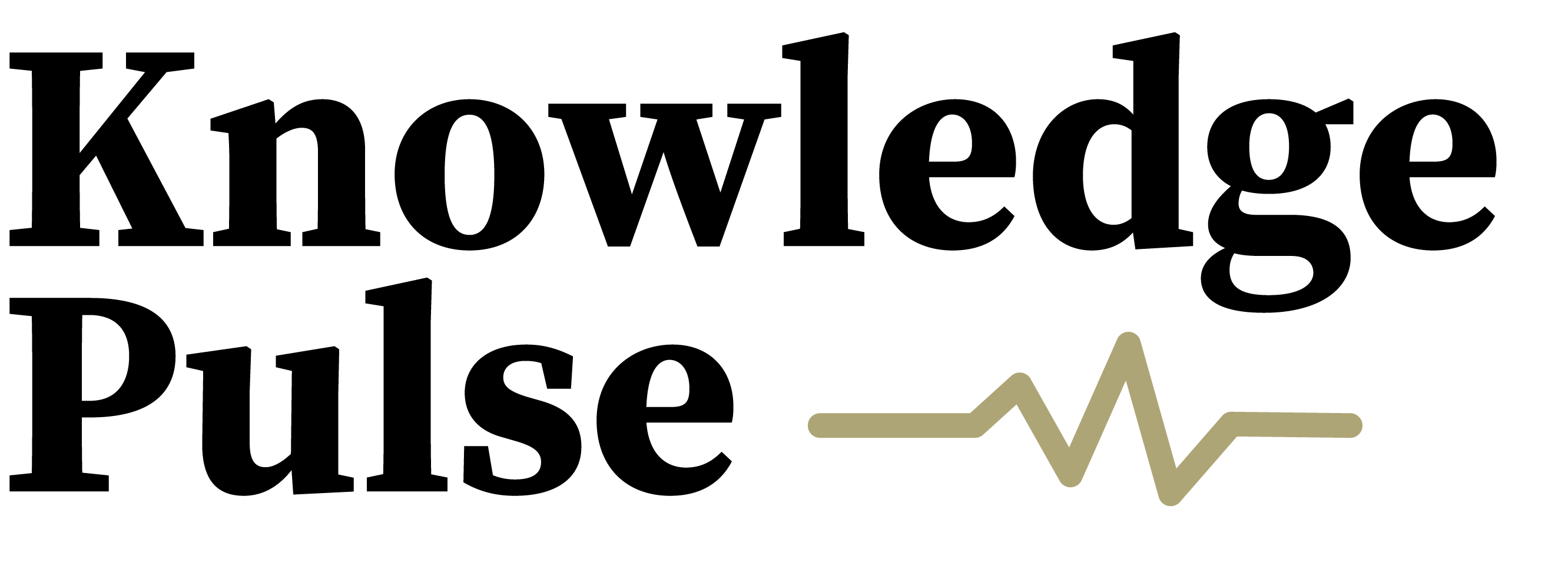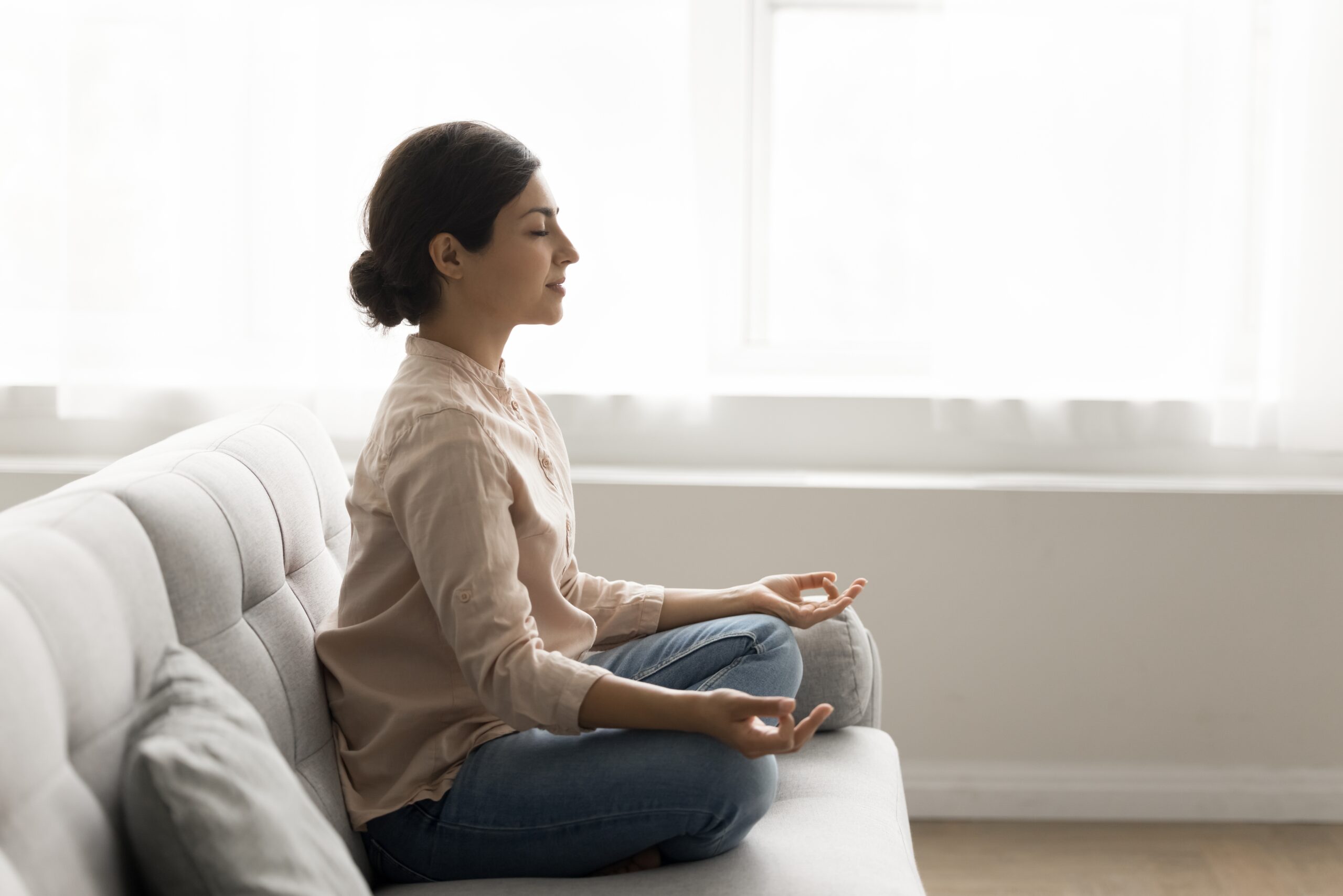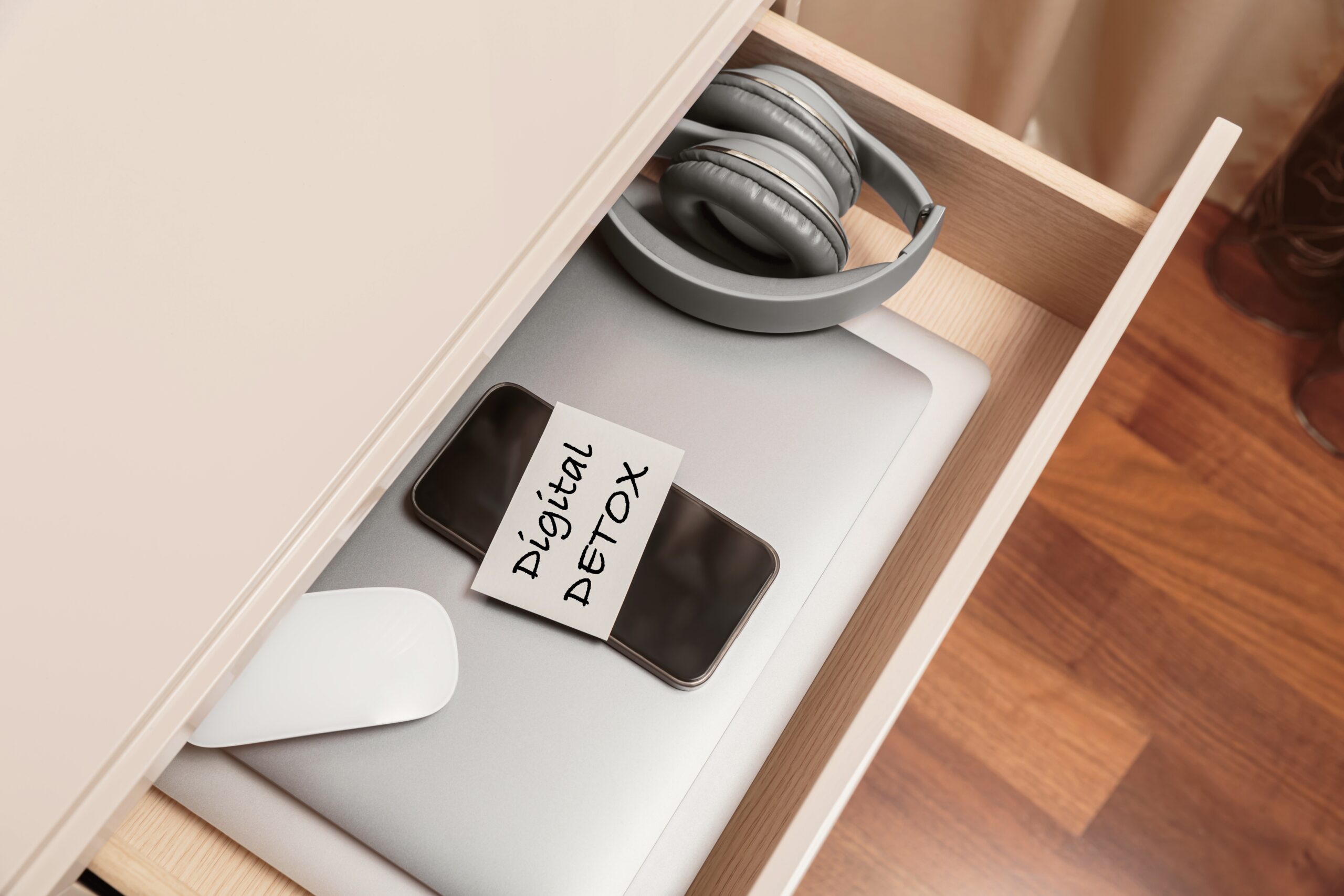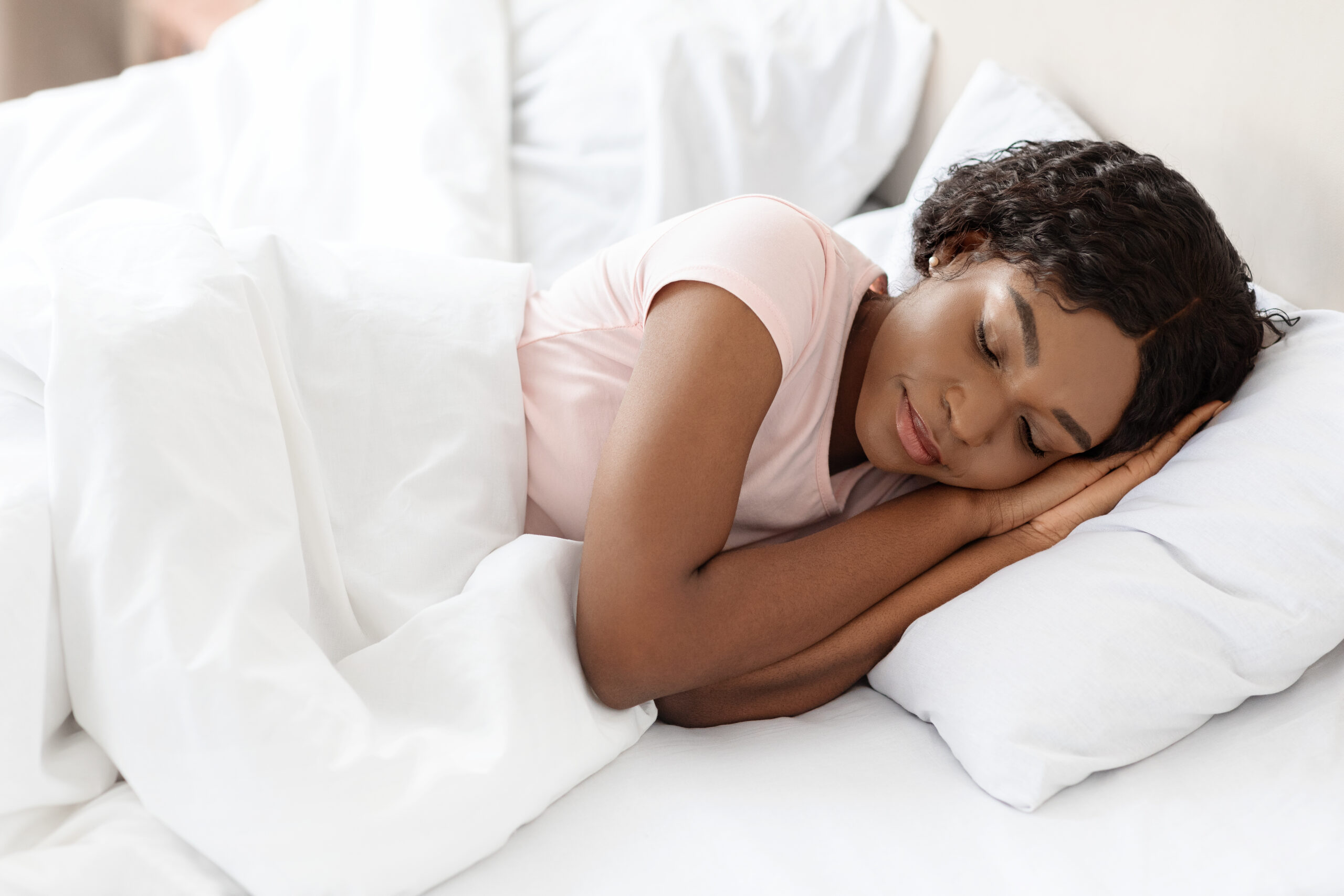In today’s hyper-connected world, screens dominate our daily routines, often extending into the late hours of the night. Studies have shown that excessive screen time before bed negatively impacts sleep quality, leading to difficulty falling asleep, disrupted sleep cycles, and reduced overall restfulness. A digital detox, even if only for a few hours before bedtime, can significantly improve sleep by reducing blue light exposure, lowering stress levels, and promoting relaxation. This article explores the science behind screen-induced sleep disruption, the benefits of a digital detox, and practical steps to create a healthier bedtime routine.
Table of Contents
- Introduction: The Connection Between Screens and Sleep
- How Digital Devices Disrupt Sleep Patterns
- The Role of Blue Light in Sleep Disturbances
- The Psychological Effects of Late-Night Screen Use
- Benefits of a Digital Detox Before Bedtime
- Practical Steps for Implementing a Digital Detox
- Case Study: How a 7-Day Digital Detox Improved My Sleep
- Overcoming Challenges and Common Obstacles
- Long-Term Strategies for a Healthier Digital Routine
- Conclusion: Small Changes for a Better Night’s Sleep
1. Introduction: The Connection Between Screens and Sleep
Many of us are guilty of scrolling through social media or watching videos in bed, unaware of how it impacts our sleep. Research shows that prolonged exposure to digital devices before bedtime delays melatonin production, the hormone responsible for sleep regulation. The more we engage with screens at night, the harder it becomes to fall and stay asleep.
Key Statistics:
✔ 95% of people use screens within one hour of bedtime.
✔ Those who use screens before bed experience up to 50% lower melatonin levels.
✔ Poor sleep quality is linked to higher stress, lower cognitive function, and weakened immunity.
A digital detox helps break this cycle, promoting deeper, more restorative sleep.
2. How Digital Devices Disrupt Sleep Patterns
Three Ways Technology Affects Sleep:
- Delays Sleep Onset – Engaging with stimulating content keeps the brain active, making it harder to unwind.
- Reduces Sleep Duration – People who use screens late at night tend to sleep later, cutting down their overall rest time.
- Decreases Sleep Quality – The constant notifications and mental stimulation prevent the body from entering deep sleep cycles.
Table: Screen Time and Its Impact on Sleep
| Screen Habit | Effect on Sleep |
|---|---|
| Scrolling social media in bed | Increases mental alertness, making it harder to fall asleep |
| Watching TV late at night | Delays melatonin production, reducing sleep quality |
| Replying to emails before bed | Keeps stress levels high, leading to restless sleep |
Key Takeaway: Avoiding screens before bed can lead to quicker sleep onset and improved sleep quality.
3. The Role of Blue Light in Sleep Disturbances
Blue light emitted from smartphones, tablets, and computers suppresses melatonin production, tricking the brain into thinking it’s still daytime.
How Blue Light Affects Sleep:
✔ Disrupts circadian rhythm – The body struggles to transition into sleep mode.
✔ Increases alertness – Exposure to blue light keeps the brain in an active state.
✔ Delays REM sleep – The body takes longer to enter deep, restorative sleep cycles.
Solution: Reduce Blue Light Exposure
✔ Enable night mode on digital devices to reduce blue light emission.
✔ Use blue light-blocking glasses when working late.
✔ Replace screen time with dim lighting and relaxing activities.
4. The Psychological Effects of Late-Night Screen Use
Negative Psychological Impacts:
✔ Increased stress and anxiety – Overconsumption of news and social media can heighten stress levels.
✔ Overstimulation – Engaging with screens keeps the brain alert instead of allowing it to wind down.
✔ FOMO (Fear of Missing Out) – The urge to stay updated prevents the mind from relaxing.
Key Takeaway: Cutting screen time before bed reduces mental clutter and promotes relaxation.
5. Benefits of a Digital Detox Before Bedtime
A bedtime digital detox can bring tangible improvements to sleep quality and overall well-being.
Key Benefits:
✔ Faster sleep onset – No screens means quicker melatonin production.
✔ Deeper sleep cycles – The body transitions into REM sleep more efficiently.
✔ Reduced stress levels – Less digital engagement promotes relaxation.
✔ Improved mental clarity – Better sleep leads to higher cognitive performance.
6. Practical Steps for Implementing a Digital Detox
Step-by-Step Guide:
✔ Set a screen curfew – Avoid screens at least 1 hour before bed.
✔ Create a calming bedtime routine – Replace screens with reading, journaling, or meditation.
✔ Keep devices out of the bedroom – Charge your phone in another room.
✔ Use an analogue alarm clock – This eliminates the need for a phone alarm.
✔ Engage in relaxation techniques – Deep breathing, stretching, or light music can help.
7. Case Study: How a 7-Day Digital Detox Improved My Sleep
I conducted a 7-day digital detox experiment by eliminating screens one hour before bed.
Results:
✔ Day 1-2: Mild restlessness, but noticed quicker sleep onset.
✔ Day 3-4: Began falling asleep 20 minutes faster.
✔ Day 5-6: Deeper sleep, waking up feeling more refreshed.
✔ Day 7: Reduced nighttime awakenings and increased energy during the day.
Conclusion: Just one week of reduced screen time led to significant sleep improvements.
8. Overcoming Challenges and Common Obstacles
| Challenge | Solution |
|---|---|
| Urge to check notifications | Use \”Do Not Disturb\” mode and keep devices out of reach |
| Boredom before bed | Read a book, meditate, or write in a journal |
| Using a phone as an alarm | Switch to an analogue alarm clock |
| Need to check emails late | Set boundaries and create a dedicated work cut-off time |
Key Takeaway: Planning ahead makes a digital detox more manageable.
9. Long-Term Strategies for a Healthier Digital Routine
Sustaining Healthy Sleep Habits:
✔ Follow a consistent bedtime schedule.
✔ Limit caffeine and screen exposure in the evening.
✔ Use digital well-being tools to track and manage screen time.
✔ Adopt a mindful approach to technology use.
10. Conclusion: Small Changes for a Better Night’s Sleep
A digital detox before bedtime is a simple yet powerful way to improve sleep quality, reduce stress, and enhance well-being. Even small adjustments—such as reducing blue light exposure and creating phone-free zones—can make a significant difference.
Final Thought:
If you struggle with sleep, start by disconnecting from screens an hour before bed and observe the transformation in your rest and energy levels. A well-rested mind leads to a more productive and fulfilling life!








